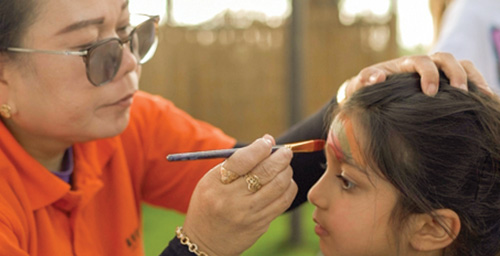
Immersive, challenging, and collaborative — an escape room experience offers a kind of entertainment unlike any other. Combining elements of storytelling, problem-solving, and teamwork, it’s an activity that captures the imagination and leaves participants with lasting memories. Here’s a closer look at what sets escape rooms apart and makes them truly special.
Immersive storytelling
One of the defining features of an escape room is the immersive storyline that envelops participants as soon as they enter the room. Whether you’re solving a mystery or escaping from a haunted house, the story unfolds around you. This makes the experience more engaging, as participants are not merely solving puzzles—they are playing a role in a narrative that feels real and exciting. Escape rooms often provide detailed backgrounds, creating an atmosphere that pulls everyone into the adventure.
Real-life adventure
Unlike many other games that are played on screens, escape rooms provide a real-life experience where players interact with physical objects and environments. The puzzles are often hidden in the room’s design, requiring players to move around, inspect objects, and solve clues in the space. This physical interaction adds an element of realism and excitement that you can’t get from virtual games.
Team collaboration
Escape rooms are fundamentally about teamwork. A group must work together to crack codes, unlock doors, and piece together clues, relying on each other’s strengths and skills. This makes the experience collaborative rather than competitive. The teamwork aspect is a huge part of what makes escape rooms unique because players need to communicate, delegate tasks, and think critically together in order to succeed.
Puzzle variety
The puzzles in an escape room can vary greatly, which keeps participants on their toes. From logic-based challenges to creative thinking and even physical tasks, escape rooms offer a wide range of puzzle types that cater to different skill sets. This variety ensures that everyone in the group can contribute to solving different aspects of the experience.
Sense of urgency
Time is always ticking in an escape room, which creates a sense of urgency and excitement. The pressure of knowing you have a limited amount of time to solve all the puzzles adds a layer of intensity that keeps the adrenaline high. This sense of urgency pushes players to think quickly and make decisions on the spot.





